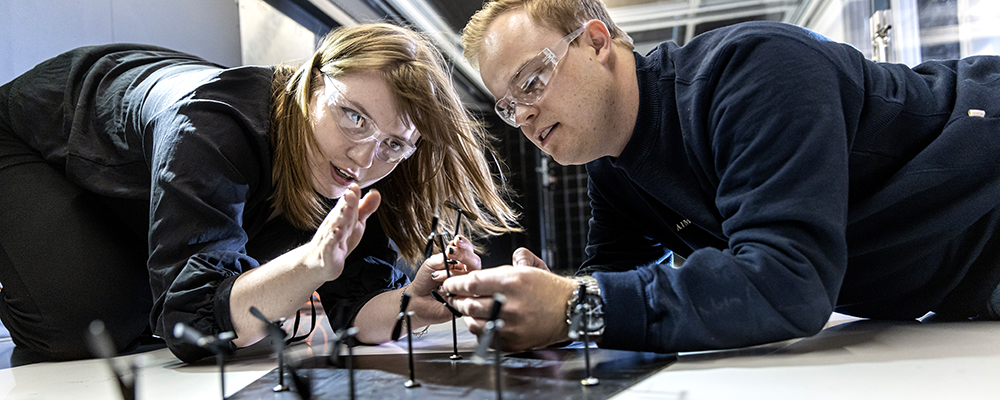About NTNU Energy
-
Energy
- Team battery
- Team wind
- Team hydrogen
- Team CCS
- Team solar
- Team society
- Team low and middle income countries
- Team hydropower
- Team smartgrid
- Team nuclear
- Team bio energy
- Team cities
- Team geo energy
- Energy studies
- Continuing education programs in the energy field
- Announcements
- Biodiversity
- About NTNU Energy
- Contact NTNU Energy
About NTNU's energy research
About NTNU's energy research

NTNU is Norway's largest institution for educating highly qualified candidates in energy-related fields. Energy is also one of NTNU's most prominent research areas, with researchers from seven out of eight faculties engaged in energy studies.
NTNU’s energy research spans a wide array of topics, including stationary energy systems, energy for transport, energy efficiency, and energy use in buildings, neighborhoods, and industry.
NTNU hosts six and is a partner in thirteen Norwegian Centres for Environmentfriendly Energy Research (FMEs). The Centres carry out long-term research targeted towards renewable energy, energy efficiency, CCS and social science aspects of energy research, and work closely with industry and authorities.
Interdisciplinary research is central to NTNU Energy’s mission and a key driver of the value we contribute to NTNU and society. One of our core activities is to establish and support interdisciplinary research teams that tackle pressing issues in both the energy sector and broader societal challenges. Each team unites researchers working across the entire value chain of their respective field. Our teams focus on topics such as hydrogen, batteries, wind power (both onshore and offshore), carbon capture, utilization, and storage, nuclear energy, low- and middle-income countries, society, smart grids, solar energy, hydropower, and bioenergy.

About the strategic research area NTNU Energy
NTNU Energy is one of NTNU's five strategic research areas. We gather 600 excellent energy researchers, teaching and technical personnel that work on energy-related topics. Our goal is to increase the interdisciplinarity, innovation, funding, and communication of NTNU's energy research.
The strategic research area is an entry point to the energy research at NTNU for industry, authorities and researchers. We boost interdisciplinary research, collaboration, and innovation through developing strategies, initiating activities and creating meeting places. We raise current issues and give research-based input to energy-related topics in the public debate.
